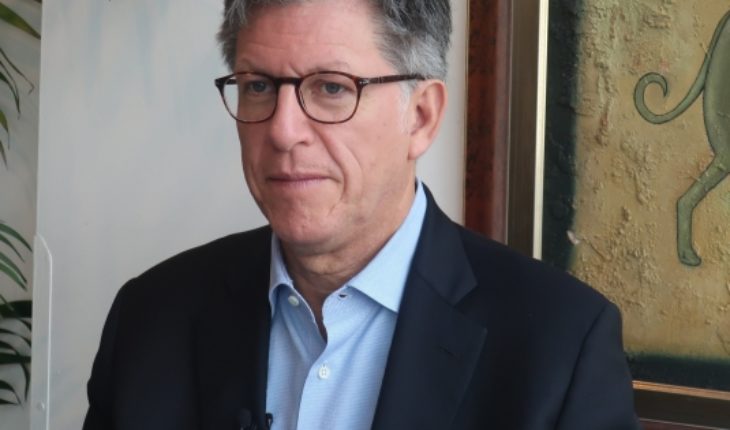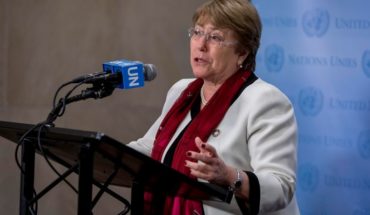Human Rights Watch (HRW) Executive Director for the Americas, José Miguel Vivanco, called for “no impossible compliance demands” to Venezuelan displaced persons to enter the countries of the region on.
“If what is required is simply to try to better regularize their situation and to meet the consulates that exist in Venezuela, or that identify themselves at the borders, it does not seem to me that this contradicts any international standards,” the NGO manager said in an interview with Efe in Quito.
But Vivanco stressed that “the important thing is that no more Venezuelan demands are made, because there we are then facing a policy where they are looking to no longer enter Venezuelans.”
And in this regard he recalled that at present “it is not possible to obtain documents in Venezuela”, which does not prevent those Venezuelans who are leaving the country from being able to complete in the countries to which forms arrive with information that may eventually to “register them and even allow them to enjoy some basic rights” such as health or education.
HRW last year called on Ecuador to protect the rights of Venezuelan migrants, following a precautionary measure brought by the local Constitutional Court that suspended the request for requirements such as a criminal record apostilled to be able to enter the country.
Moreno assured this week in an intervention in Guayaquil (southwest), on the occasion of the inauguration of the Annual Assembly of Governors of the Inter-American Development Bank (IDB), that currently half a million Venezuelans live in the country.
The representative stated in May that when his country completed its departure from the Union of South American Nations (Unasur) it would proceed to demand a humanitarian visa for migrants from Venezuela, following the example recently applied by Peru.
So far it has not transcended what this requirement will consist of, which has been welcomed by the ambassador appointed by the President of the Venezuelan Parliament, the opposition Juan Guaidó, but which causes uncertainty among the associations of Venezuelans, who fear that it could become an overlapping restriction on access for new migrants.
Vivanco argues that legally “there is a human right to emigrate, one is not obliged to live within certain borders, as well as the human right to gain refuge when there is evidence and history of persecution in his place of origin”.
But it clarifies that there is a debate about what the approach should be in cases of humanitarian crises such as Venezuelan.
“We do believe that the catastrophe in Venezuela gives for states in the region and others to offer opportunities for refuge to these families as well,” he said.
He recalled that there was “consensus and awareness” that the situation in Venezuela is a humanitarian emergency, forcing “in virtually massive terms to emigrate.”
Venezuela is facing a severe economic crisis, aggravated by shortages of food, medicines, commodities and services such as electricity or drinking water, insecurity, which has led more than 4 million to leave their country and deepen the largest and fastest movement of displaced persons in Latin America’s recent history.
In view of this situation, Vivanco acknowledges, moreover, that governments in Latin America “have had a fairly positive position despite economic difficulties” in welcoming “Venezuelans fleeing the Maduro regime”.
translated from Spanish: HRW asks to avoid imposing “impossible requirements” on Venezuelan migrants
July 18, 2019 |





